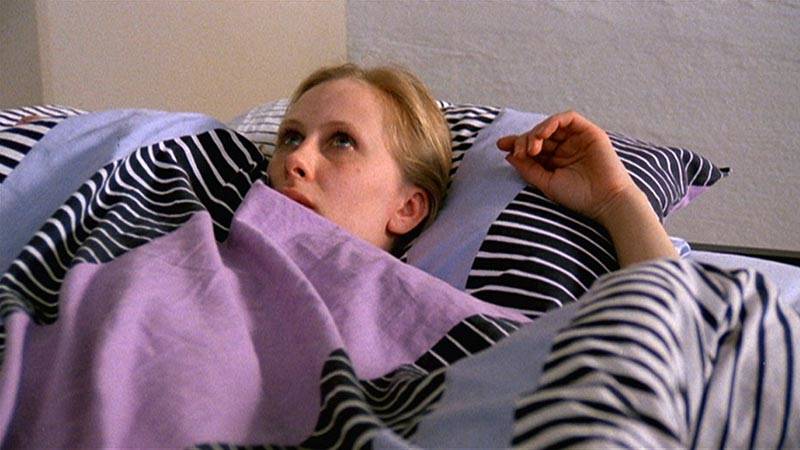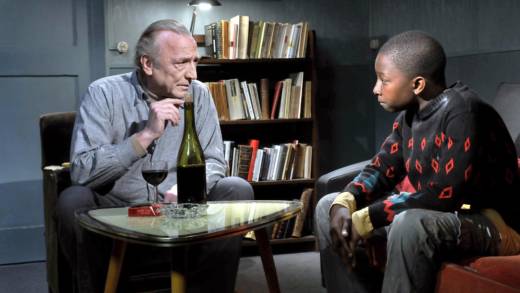Turning people on to great movies made before they were born can be frustrating. ‘Twas ever thus that young people gravitate to the new and now, and disdain the “old stuff.” But as everybody over 14 realizes, Hollywood’s “new” sequels—like this summer’s revamps of Jurassic Park, The Incredibles, Ant-Man, The Purge, Mission: Impossible, The Equalizer and Mamma Mia—are rehashes and revivals of familiar stories. Ah, the irony.
So let the kids have the multiplexes, and slip into the pool of cool films from the past that Bay Area film programmers have compiled in July: A free outdoor screening of the 1948 Powell-Pressburger masterpiece The Red Shoes (at BAMPFA this Sunday, July 8), the Beatles’ 1968 animated Yellow Submarine (Castro, July 15-18), 1984’s immortal rock satire This Is Spinal Tap (Paramount, July 26) and a double bill of 1946 French crime dramas featuring Andree Clement (Roxie, July 26). For those prone to submersion (and perhaps immersion), BAMPFA unspools a slate of top-shelf retrospectives: revered French classicist Jacques Becker (starting July 12), “Bergman 100: An Emerging Style” (July 20) and ’70s-’80s Swiss director Alain Tanner (July 26).

A fourth BAMPFA series, Aki Kaurismäki: Films from the Other Side of Hope (July 6-Aug. 5), salutes the unique sensibility of the droll Finnish writer-director. I’d add “sensitivity,” but that was not always the case. Moviegoers who caught The Match Factory Girl (this Sunday, July 8) at the 1991 S.F. International Film Festival heatedly debated whether that minimalist portrait of a working-class woman with depressingly bad luck and judgement was an unsentimental economic critique or a study in directorial cruelty.
Kaurismäki’s compassion has become apparent over the years, particularly through the two immigrant tales that bookend the series. Le Havre (2011, Aug. 5) traces the deepening bond between an older Frenchman and a newly arrived boy from Gabon on the run from the authorities. Last year’s The Other Side of Hope (Friday, July 6) imagined the connection between a Syrian refugee at loose ends and a Helsinki restaurateur. (Kati Outinen, the downcast lead of The Match Factory Girl, played supporting roles in both films.)
Understated and unassuming, Kaurismäki’s films are pitched precisely on the border of weary skepticism and wary optimism. I used to mistake austerity for aloofness in Kaurismäki’s work. Now I realize that watchfulness is the better part of ardor.


